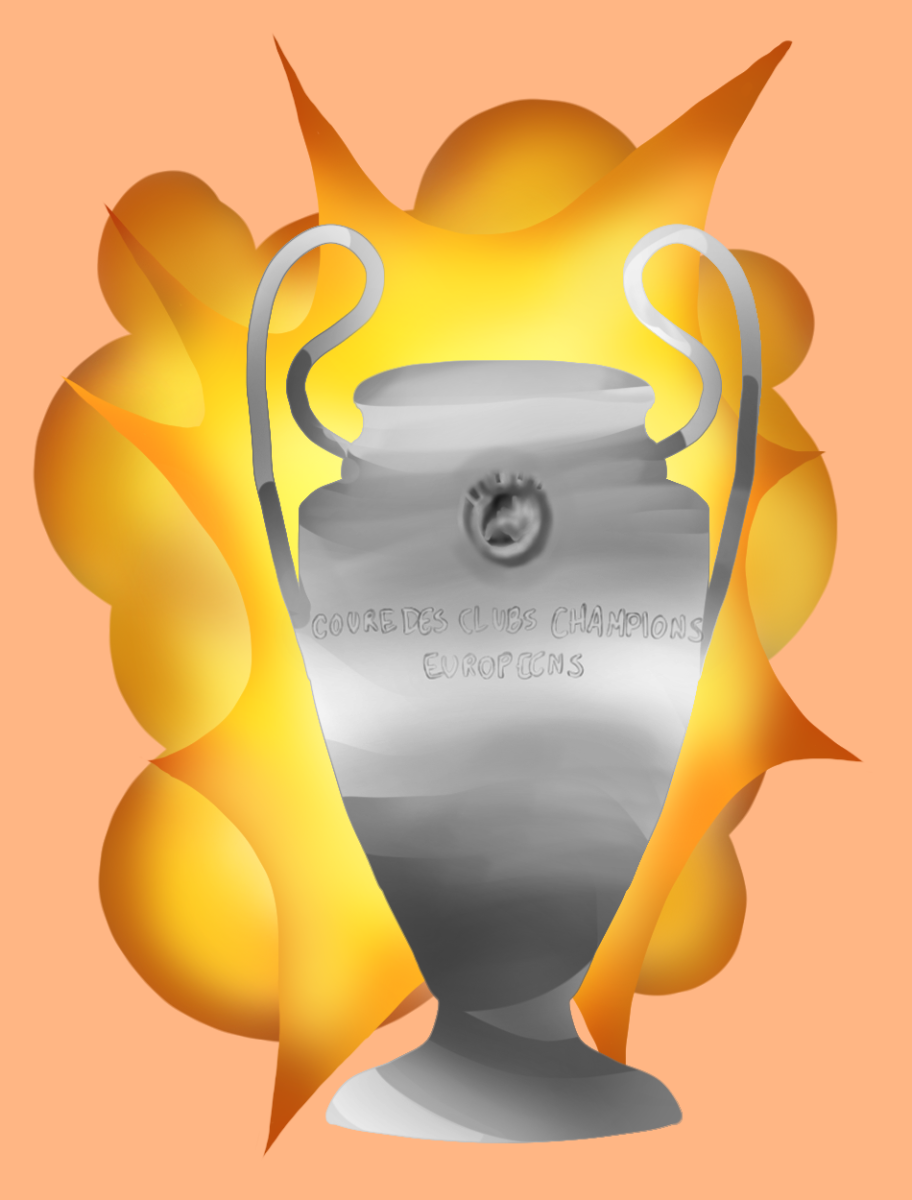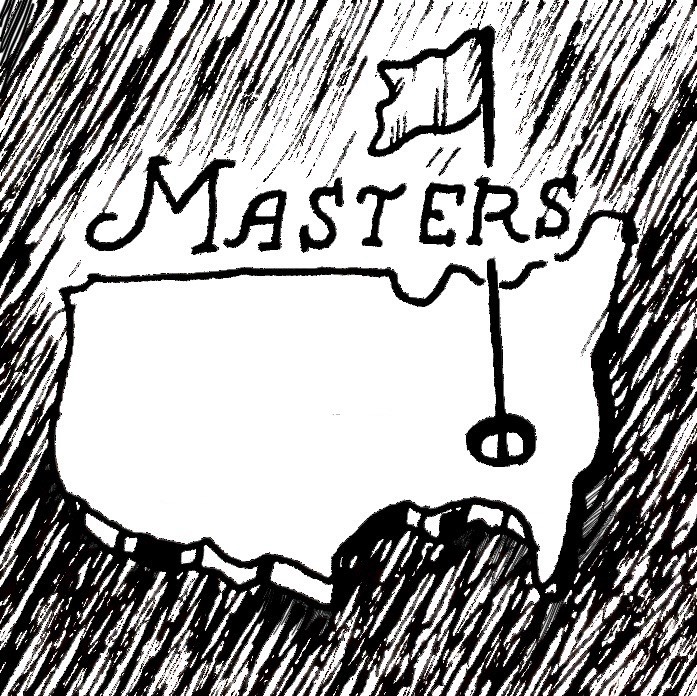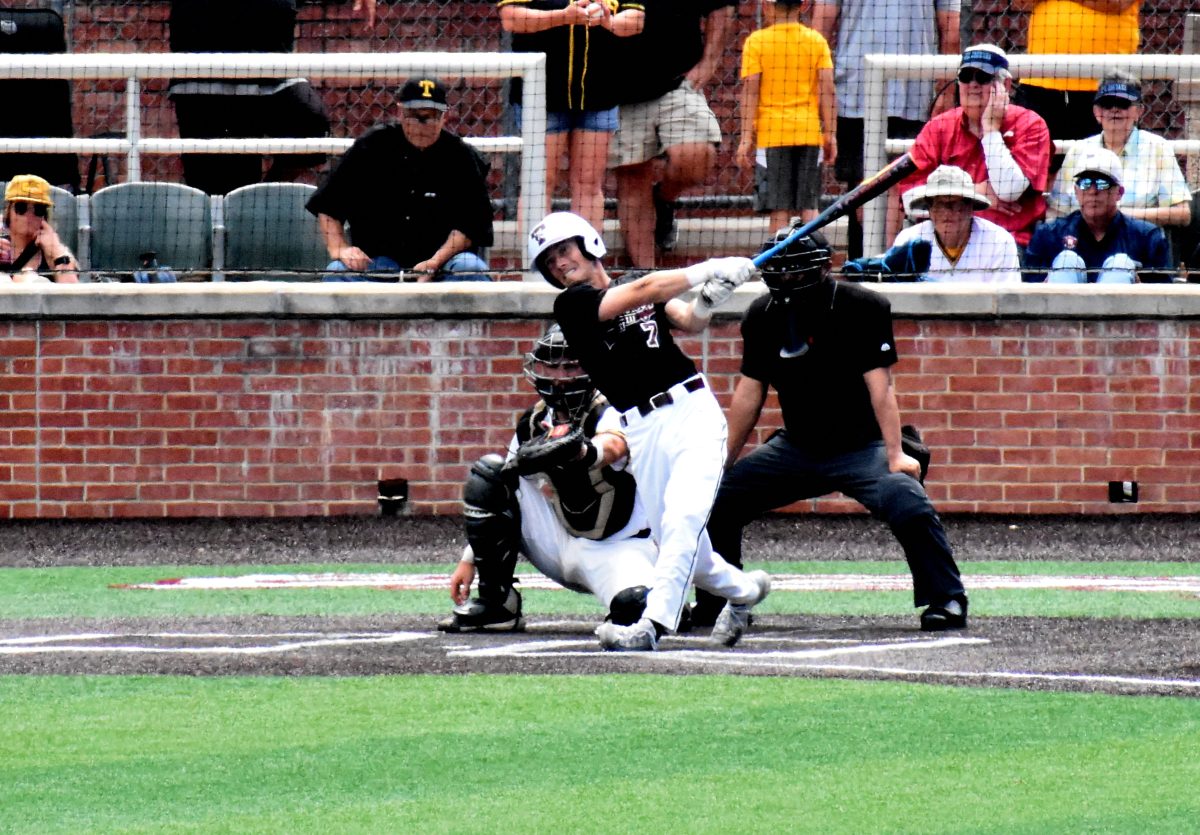In the cult classic “White Men Can’t Jump,” Woody Harrelson stars as Billy Hoyle, a loud-mouth basketball player with a knack for abusing opponents’ weaknesses. Los Angeles pick-up in the 1990s was primarily a 2 vs. 2 affair, and Billy and his teammate, Sidney Dean (played by Wesley Snipes), compliment each other’s physical gifts on the court nicely. Marrying their mentalities, however, is a challenge.
Billy spends the opening rounds of a high-dollar tournament bombarding overwhelmed opponents with demeaning trash talk, all the while developing a hilarious sideline presence by verbally eviscerating their main competitors (the team of Flight and Willy) who they would eventually meet in the finals. Sidney does not jive with Billy’s method, finally pulling Billy aside and shouting angrily, “Do you shut up!? Do you ever shut up!!?” With gusto, Billy retorts, “What do you care man, I’m in the zone! I’m in the fucking zone “¦They’re pissed off, and I’m in the zone!”
The zone. It’s a concept that each culture, religion and dramatic profession strives for. It’s what Buddhists refer to as “Enlightenment,” Kurt Cobain may have called “Nirvana” and why Marv Albert screeches “He’s unconscious!” when attempting to articulate another seemingly ex-nihilo J.R. Smith hot streak. The perfect emptiness that occurs when the mind is ridded of distracting fear and desire “” this is the zone. It’s a sensation that defies psychological norms, with individual cases existing only to be recalled nostalgically once the mind has regained control.
The zone is a blissful place. But unlike most places, a material map cannot lead you there. Ironically, as the zone exists as a locale free from evolutionarily-imposed limitations, it seems the most effective route to it is through rigorous self-discipline, strategically designed to collide unforgivingly with these very limitations. Then again, to a very American, hard-work-pays-off extent, it makes sense that earthly transcendence can be corralled if you beat your head against the (metaphorical) wall long enough.
In the States, the zone’s most beloved manifestation takes place in the arena of sports. Like “Fight Club,” the original sin regarding the zone is talking about the zone, as if it is just another conversation piece to be prodded. Not surprisingly then, the zone is hardly even mentioned as a deserver of dialogue. Its primary abode lies within those magical moments where we spectators comment on its transpiration as it lives before our eyes, causing us to either respectfully murmur under our breath, “That dude is on fire,” or let our animalistic side loose so that we stand up and scream, “For the love of God, pour some water on that man before he explodes!”
The thing is, once the person inside of the zone makes the fatal mistake of reflecting on his current state, being in the zone, the zone is shattered, as if he couldn’t help but look at himself in the mirror in order to witness his own beauty and, by looking, is cruelly reminded of those necessary limitations he has managed to forget for the past few minutes while he rained three pointers Klay Thompson style, or trucked would-be taacklers Marshawn Lynch stlye. I would guess they are among the more zone-familiar individuals on the planet “” but I am certain their exit from the zone is what they remember “” never the entrance.
The zone. It is fragile, and glorious to behold. The legend Bill Russell once remarked, “At that special level, all sorts of odd things happened “¦ It was almost as if we were playing in slow motion. During those spells I could almost sense how the next play would develop and where the next shot would be taken. Even before the other team brought the ball in bounds, I could feel it so keenly that I’d want to shout to my teammates, “˜It’s coming there!’ “” except that I knew everything would change if I did. My premonitions would be consistently correct, and I always felt then that I not only knew all the Celtics by heart, but also all the opposing players, and that they all knew me.” It’s a lovely description “” the zone is unnatural, causes onsets of unspoken prophecy and creates a tangible feeling of some inscrutable form of existence where complete solitude and complete connectedness merge.
David Foster Wallace touches on “the zone” in “Infinite Jest.” He dedicates a chapter to a humorous phone conversation between older brother Orin and younger brother Hal. The state of Hal’s ongoing experience with the zone as he cuts his toenails is a central, fascinating theme to their insightful dialogue.
(1) “”˜Interesting you should call just now. Because I’m clipping my toenails into a wastebasket several meters away.’
“˜Jesus, you know how I hate the sound of nail clippers.’
“˜Except I’m shooting 70-plus percent. The little fragments of clipping. It’s uncanny. I keep wanting to go out in the hall and get somebody in here to see it. But I don’t want to break the spell.'”
(2) “Orin I lied. I haven’t even started on the right foot yet. I’ve been too afraid to change my angle of approach to the nails. The right foot’s a whole different angle of approach. I’m like your superstitious lineman. Talking about it’s broken the spell. Now I’m self-conscious and afraid. I’ve been sitting here on the edge of the bed with my right knee up under my chin, poised, studying the foot, frozen with aboriginal terror. And lying about it to my own brother.”
(3) “I’ve got a whole foot to yield to the magic with. I’m not going to alter the smallest particle. I’m just ready to bear down on the clippers. It’s going to feel right, I know.”
In that great Kia commercial, a suburban dad finds himself in a heaven-like environment, where he happens upon Blake Griffin, coolly reading a newpaper. In the commercial, the zone is peaceful, free and filled with extreme sportsmen popping in and out midst trick, and Griffin, who appears quite comfortable, in the zone.
“So you’re just chilling here,” Dad asks, enchanted and confused.
“Actually,” Griffin replies, “I’m in the middle of a very intense game.”
“But you look so relaxed?”
Griffin gives him a knowing shrug. “It’s the zone.”
If only the zone was actually like this “” fit for permanent residence, be you a singer, a secretary, a sanitation engineer or a stockbroker. Sports psychologists have recently begun trying to study the zone, to better understand what it is exactly, how one gets there, how they remain and why they leave. There may never be a clear picture of the phenomenon, and maybe that’s okay. The zone’s majesty, after all, is derived from its impossibility.






